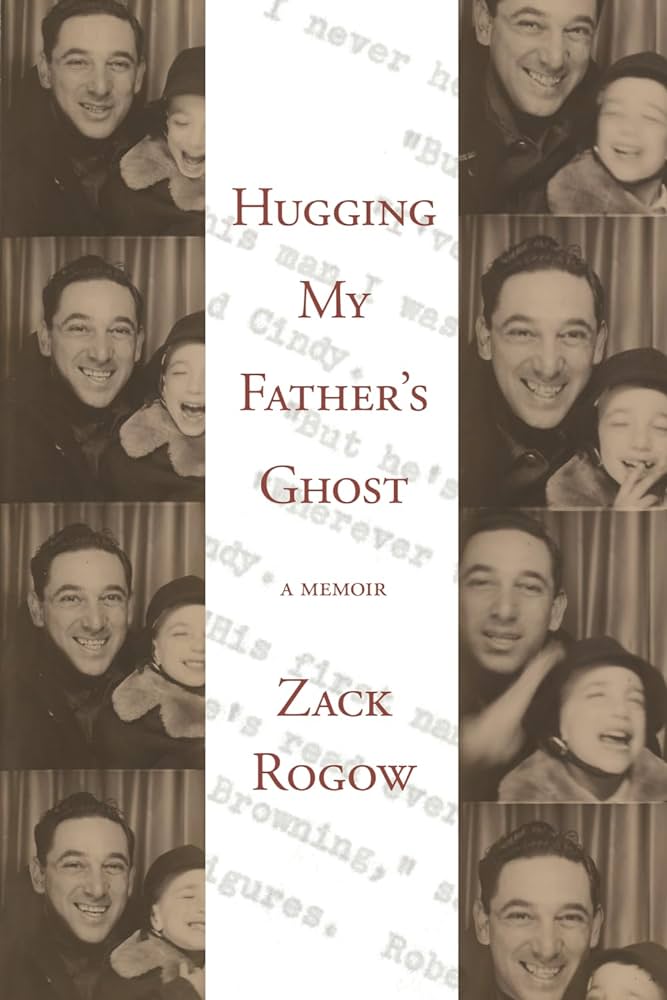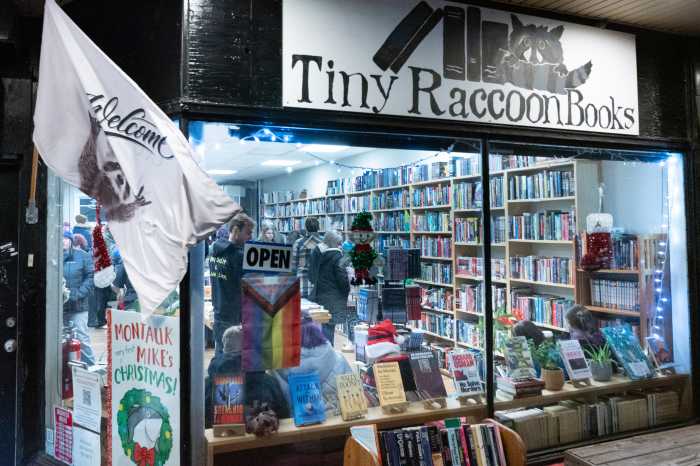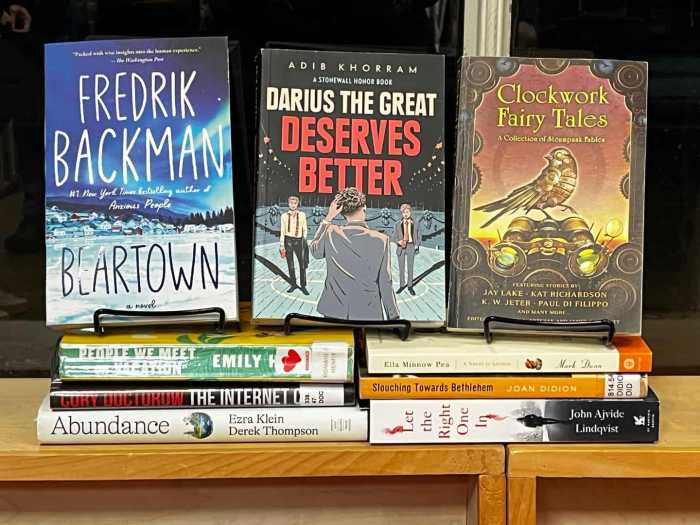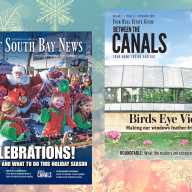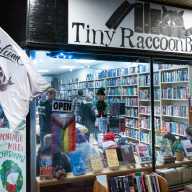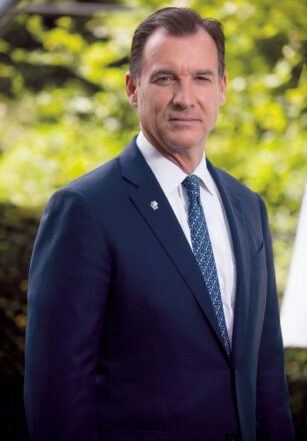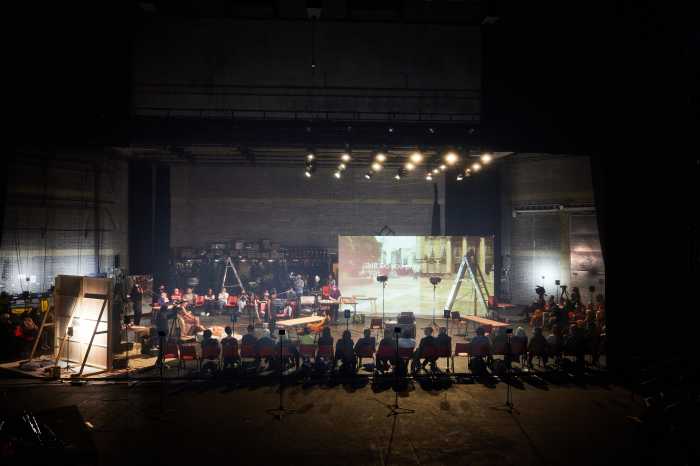Hugging My Father’s Ghost
by Zack Rogow
Nonfiction
Spuyten Duyvil
I can understand why Zack Rogow wants to hug his father’s ghost; he was only three when his father died in a plane crash. As a way of protecting himself, he tried not to think about him, “or even that I once had a father.”
So impacted by the trauma, it took him decades to come to terms with his loss.” It wasn’t until he became a father himself, that he found “room in my heart to get to know my own dad.”
Memories are few, but a vivid account of a “red and white enamel stepping stool” in an Upper West Side apartment survives. His dad is making “mish-mosh soup,” a concoction of Campbell’s Tomato Soup and Cambell’s Chicken Noodle. “Marcel Proust had his madeleine, and I have my mish-mosh soup.”
Besides Manhattan, Fire Island, where the family owned a summer home, figures into Rogow’s memoir. In a chapter called “Fire Island Summers,” the author wistfully recalls his time there as a boy. Ocean Beach is the setting of many of his father’s stories.
A tall handsome man, Lee Rogow was a successful writer (he ghost-wrote for famous Broadway producer Billy Rose.) A drama critic, a skier, a dancer, and Captain of a submarine chaser in World War II in his mid-twenties (he died when he was 36), he cut a dashing figure.
And the author’s mom was no slouch either.
“A beauty with wavy dark hair, long legs, and hazel eyes,” Mickey Rogow dressed to the nines in Dior. A 50’s glamour couple, they sipped dry martinis at Sardis and rhumbaed at the Copa. “A heady lifestyle,” Rogow notes, very different from their parents who immigrated to America “not that many years before.” Interesting anecdotes of the grandparents, Lee Rogoff’s dad ran a gambling business and immigrant life in the early part of the 20th Century, round out the family history.
The author stitches together his father’s published and unpublished stories; letters, and conversations with folks who knew him. A photocopied journal that chronicles his Navy days at sea. “It’s noise is with you always, part splashing, part sighing and moaning, part gurgling, hissing roaring… and at night it becomes insistent in the quiet.”
These gathered documents serve as a means for Rogow to know the man adored by many, but a stranger to his own son.
Lee Rogow palled around with the literati and glitterati. Herman Wouk, a close friend, and Fire Island neighbor, eulogizes him as a “brilliant man, a leader and worker in community projects.” This glowing tribute although Rogow panned the “Caine Munity” in the Saturday Review as “…immature and an apologist for authoritarian figures… praising the tyrannical Captain Queeg.”
It turns out, he was ready to give the eventual Pulitzer a thumbs up, but when his wife read the book, she turned him, and the review, around. This is but one of many interesting notes about Mickey Rogow, such as working as a teen “Chicklet girl” during the Great Depression.
A darker, unsettling description of how his mother fares in the aftermath of her husband’s death. The author pulls the curtain back; he has given himself permission to know and understand his family. At times it isn’t pretty.
There’s an aura about Lee Rogow, a larger-than-life persona. It’s a hard act to follow for a kid who didn’t learn to ride a bike till he was 16, “didn’t fit in socially at Yale,” and gravitated toward “misfits who lived off campus.”
In a moving conversation between author and dead father (frequent throughout the book), Zack confesses, “I’ve been competing with you my whole life. Trying to live up to your success… your handsome looks, your reputation as a great father and provider, not to mention a terrific dancer, war veteran, skier, et cetera, et cetera.”
In turn, his dad shares a secret of his own, bonding the two in a surprising way.
Forthright and honest about his feelings and the “huge empty ditch in the middle of my childhood,” the author demonstrates an earnest longing to make sense of his life without his father. And to find a certain peace within himself. I hope he has found it.
Zack Rogow is an author, editor playwright, and translator. He has won the PEN/Book-of-the Month Club Translation Prize. His blog, “Advice to Writers,” features helpful posts that provide tips, links, and other resources for authors.



